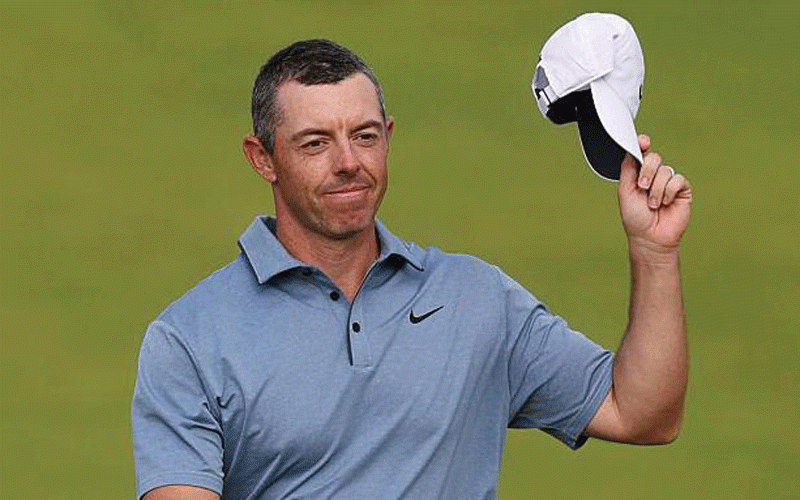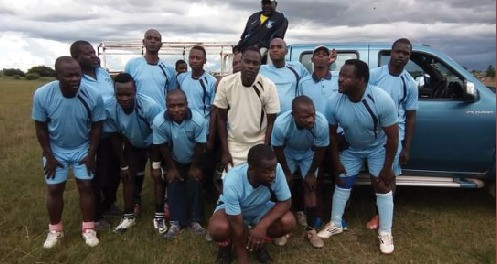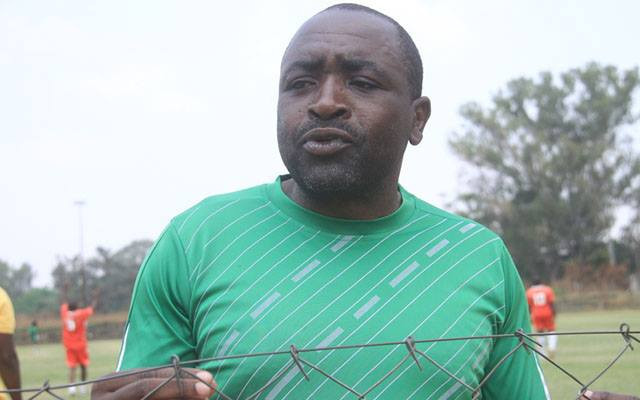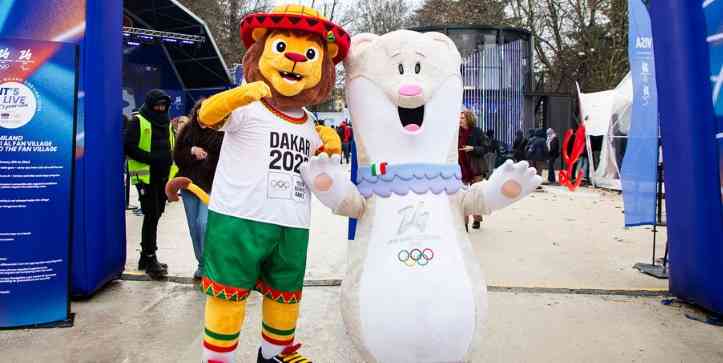
WHEN someone scores a goal or a try, sinks a putt, wins a point, the crowds applaud.
When a singer performs powerfully and poetically or a speaker delivers poignantly and eloquently, the audience is moved to applaud.
It is a sign of recognising excellence, of extreme ability, of exceptional talent. Sometimes however, the audience or crowd applaud because they have been told to do so; it is the correct, the polite, the respectful, the expected thing to do.
The Guest Speaker completes her speech and so the gathering knows to applaud; the actors complete the play and the audience politely applaud (even
if the performance was not of a high standard). Of course, for some it may be a sign of huge relief that it has come to an end! Interestingly, people do not applaud at the end of a sermon or the end of a prayer; pupils do not applaud the teacher at the end of a lesson and players do not applaud the coach at the end of the team talk. We shall leave that aside for the moment.
Jimmy Kimmel has been seen to be a controversial character, perhaps even a legendary figure, following his comments about Charlie Kirk’s death and his criticism of Donald Trump, some of which led to his show being removed from television. His audiences, however, love him and applaud all that he says. In recent weeks there have also been circulating on social media reports purporting to be an exchange on television between Jimmy Kimmel and Rory McIlroy, one of the top golfers in the world.
Whether it actually occurred is not known to this writer but some of the alleged comments bear consideration, whether they were said by the stated people or made up by someone else.
The article on social media about the televised interview claimed that “people called it ‘the most authentic moment in late-night TV history’” and that the alleged interview “turned into a raw, unfiltered moment that nobody could have scripted” (though maybe AI could have done so in that ‘interview’!). No name was put to the report. The debate between Kimmel and McIlroy, we read, concluded that “The audience erupted — cheers, whistles, people rising to their feet. Not wild applause — powerful applause”.
- Right-wing activist Charlie Kirk, dead at 31, played key role in Trump's 2024 victory
- Letter from America: Charlie Kirk’s murder: Israel is being blamed!
- Letter from America: US authorities accused of covering up for Charlie Kirk’s murderers!
- School of sport: The measure of greatness
Keep Reading
However, what the article sought to underline from the interview with McIlroy was “A reminder that greatness isn’t measured by applause”. His “greatness” stemmed from hard work and a refusal to give in. For all his success in golf tournaments, McIlroy allegedly went on to state that “greatness isn’t gifted — it’s earned. Sport isn’t fame — it’s heart. Victory isn’t applause — it’s purpose.” It further quoted McIlroy as saying “Passion isn’t branding. It is sacrifice. You can’t manufacture heart” and “critics talk, but champions build. Critics judge moments. Champions create legacies.”
Whether McIlroy actually ever said those things, there is much of value in what is said. It speaks powerfully of what school sports coaches could be inculcating in their players. Too often young people want success to come quickly and easily; it does not. Too often young people want the adulation, not the graft. Too often young people simply wish to win without knowing its relevance or significance, where such victory fits in. They think it means more than it does. Coaches and parents must put it all in perspective for them and not copy them.
Equally, we as coaches may well also be guilty of seeking the applause for the victories (often gained against opposition that they have weakened by attracting their players to their school) instead of understanding that school sport is about learning. They merely look at the result and not at the values or the emotions they arouse. Are we manufacturing heart? Are we building champions? Are we creating a legacy by what (and how) we are doing? Are we just attracted to schools which win, making our job easier, or are we earning recognition through sweat, blood and tears?
If someone, be it a speaker, a coach, a sportsman, whoever, has said something important, helpful, inspirational, memorable, valuable, powerful, we as the listener or the spectator will be naturally inclined to applaud; we should instead apply; if the words do indeed have the effect just mentioned, the real test of greatness is applying the words, putting them into action. Agreeing with them, applauding them, means nothing if they are not put into action. If any reader agrees with these comments, do not applaud it (not even wildly or powerfully); apply it.











